Graham Reid | | 3 min read
Howard Morrison Quartet: Sere Si Mandolino
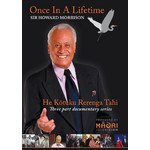
In my blog at Public Address I noted the sad coincidence: I started watching this three-part interview with Sir Howard Morrison on Tuesday. On Thursday night I heard that he had died.
I also noted there that among the things I had scribbled in my notebook while watching just the first part where he speaks of his childhood was, "When Sir Howard, now [?], passes on we will perhaps realise who and what has gone . . . a great NZ story . . . important . . ."
Howard Morrison (August 1935 - September 2009) divides New Zealanders in my experience: he was never hip or fashionable amongst the smart set; some of the early music of his Quartet makes some of us feel uncomfortable about race (songs like Mori the Hori); he often came off as smug and self-important; and . . . .
Well, add your own prejudice.
My belief is that he was a complex and interesting man, and this doco just scrapes the surface of that.
His story is told in his own words as he sits uncomfortably on the couch in a Maori Television studio, and through commentary by members of the Quartet, his wife Kuia (clearly a long-suffering woman, especially when Howard was out enjoying fame and the bars in Hong Kong or Singapore) and various family members including his children.
It is loosely chronological but you can witness opportunities go by when you wish the interviewers had hauled him back to a point that he slips easily around, or tells an anecdote (quite self-consciously actually) so as not to give a direct answer.
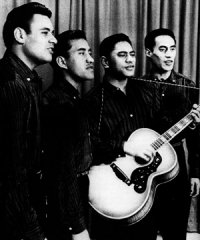 But there is honesty and hurt here in large portions: he reflects on the tough upbringing he had; how ambitious he was and therefore was sometimes immune to the feelings of others; and he admits he fell for the bathe of the spotlight and after the Quartet broke up was desperate to have the audience like him.
But there is honesty and hurt here in large portions: he reflects on the tough upbringing he had; how ambitious he was and therefore was sometimes immune to the feelings of others; and he admits he fell for the bathe of the spotlight and after the Quartet broke up was desperate to have the audience like him.
(Unfortunately we don't hear the end of the anecdote when, in the mid-Sixties, he went down to a newspaper in Invercargill to have it out with a reviewer who wrote he'd lost his last remaining fans after his desperate love-me performance.)
The clip of him in '69 doing some kind of pop-rock ballad in Maori with haka facial expressions (smiling all the time) is pretty weird, but also encapsulates the many competing dimensions of the man who more than anything just wanted to be liked, if not loved, by an audience. You feel he was always "on" and trying hard to be liked, even in these interviews. But not when painful things like the death of brother comes up.
He admits to loneliness when he first started to appear as a solo artist, how stupid he was to apologise for speaking what some good rural white folks thought was Maori (it was band gobble-de-gook with a few Maori phrases tossed in); and the hurt he put his family through by being an absent father. But one who returned with lots of presents say his children, who are clearly well-adjusted (although teenage waywardness is hinted at).
He also still smarts from never being properly recognised for the time he put in going to schools in the Seventies to encourage young Maori kids (they look in awe of him in the footage, they knew him from the Bic ads on television he says) to stick with schooling. He says one Maori principal complained to the department about his unconventional methods.
There are some oddities scattered about too: in the mid Seventies when the Quartet re-formed audiences flocked out to see them. You'd have thought the culture (post Nga Tamatoa, a bit more jaded and cynical) would have rejected this retro-act singing Granada and close harmony gospel songs. But maybe they offered a sense of innocent fun that many wanted to retreat into. Maybe people just wanted to be entertained?
There is no doubt the late Sir Howard Morrison was a man with flaws (who isn't?) but he was also an entertainer first and foremost (even in the classroom) and he and the Quartet brought pleasure to hundreds of thousands of New Zealanders. No bad thing in my book.
This is his story in his own words -- almost.

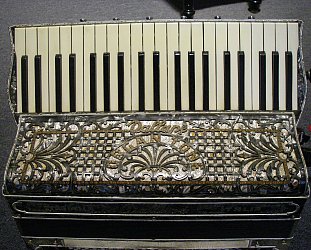
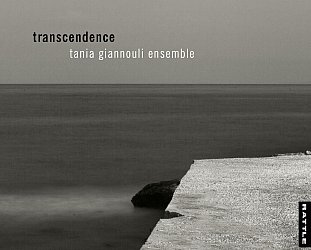
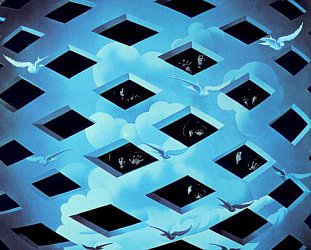
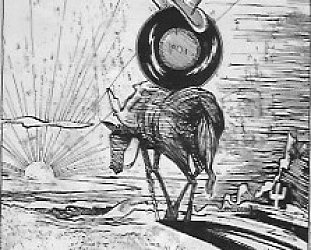
post a comment